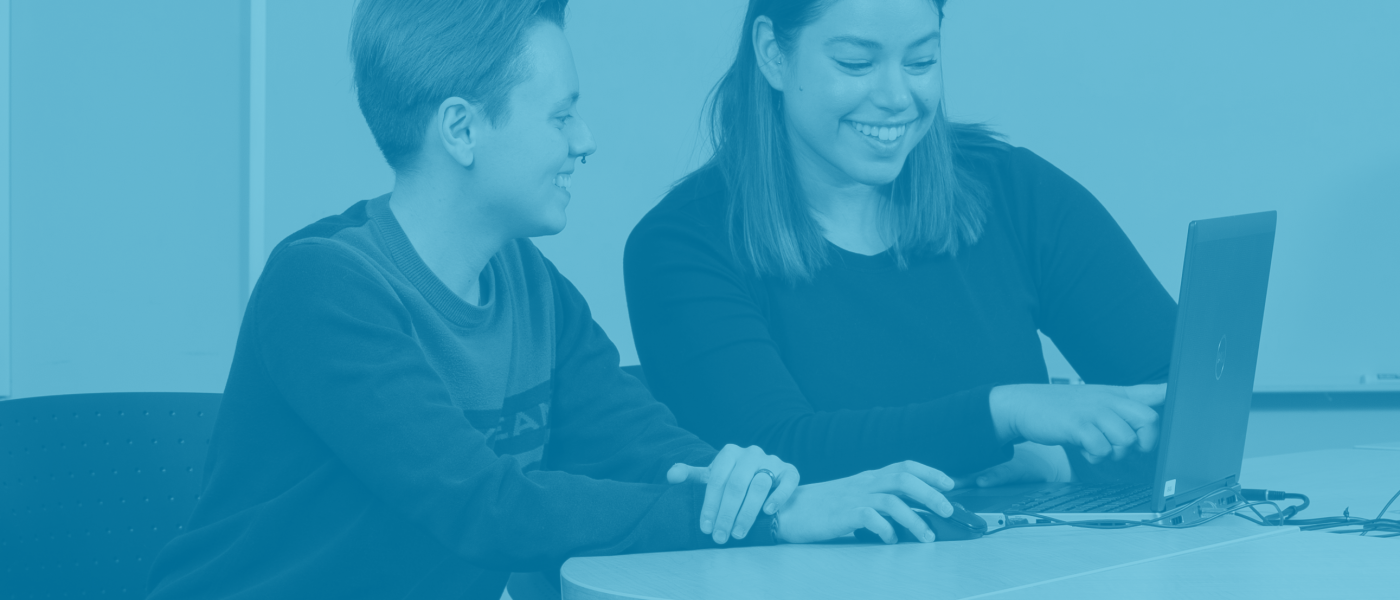Placement-Based Work-Integrated Learning
In placement-based WIL, students operate under supervision of an external organization, but are not formal employees. Typically, this experience is supported by a combination of staff and faculty who provide wrap-around support. While experiences are not paid, in some cases, students may receive some funding, such as through an award.
The various types of placement-based WIL offered at McMaster are outlined below with supporting examples. Please note that the examples are for illustrative purposes only, and may not represent courses or programming currently active at McMaster.
Expandable List
A professional practicum involves hands-on experience under the supervision of an experienced registered or licensed professional (e.g. preceptor) in any discipline that requires practice-based work experience for professional licensure or certification. These experiences are typically structured or governed by professional or vocational bodies. Practica are generally unpaid, and the student does not typically become an employee of the external partner. Examples include apprenticeships, clinical placements, and other mandatory professional practice.
| Example 1: The Bachelor of Social Work Program offers mandatory field placements at social agencies under supervision of social work professionals. Academic credit is earned through courses including SOCWORK 3DD6 A/B and 4DD6 A/B. The goal of these placements is to support the development of essential skills for social work practice, such as interviewing, in a real-world setting. | Example 2: The Bachelor of Science in Nursing Program requires students to work in a laboratory or clinical setting with a nursing professional acting as their tutor or clinical preceptor in all four years of their undergraduate degree. Placements take place in real healthcare settings, allowing development of essential patient care skills. Students earn academic credit through courses such as NURSING IJ02, and 2J04. |
Placements involve work or volunteer experiences completed under the supervision of an organizational partner where the student does not become an employee of the external organization. Placements can be full-time or part-time, and can take place in the partner’s physical or virtual environments. Placements can involve stipends, reimbursements, or awards outside of a paid employment model. This category includes unpaid experiences framed as ‘internships’. Other examples include: community-engaged placements, service learning placements, unpaid non-clinical placements, etc.
Learn more about unpaid student placements here
| Example 1: HEALTHAGE 3BB3 (Field Experience) sees students matched into a part-time, unpaid, non-clinical volunteer experience hosted at one of several community partners. | Example 2: SOCSCI 3EL3 (Leadership through Social Innovation) provides students with an applied leadership opportunity in a part-time, unpaid, non-clinical volunteer experience hosted at one of several community partners. |

